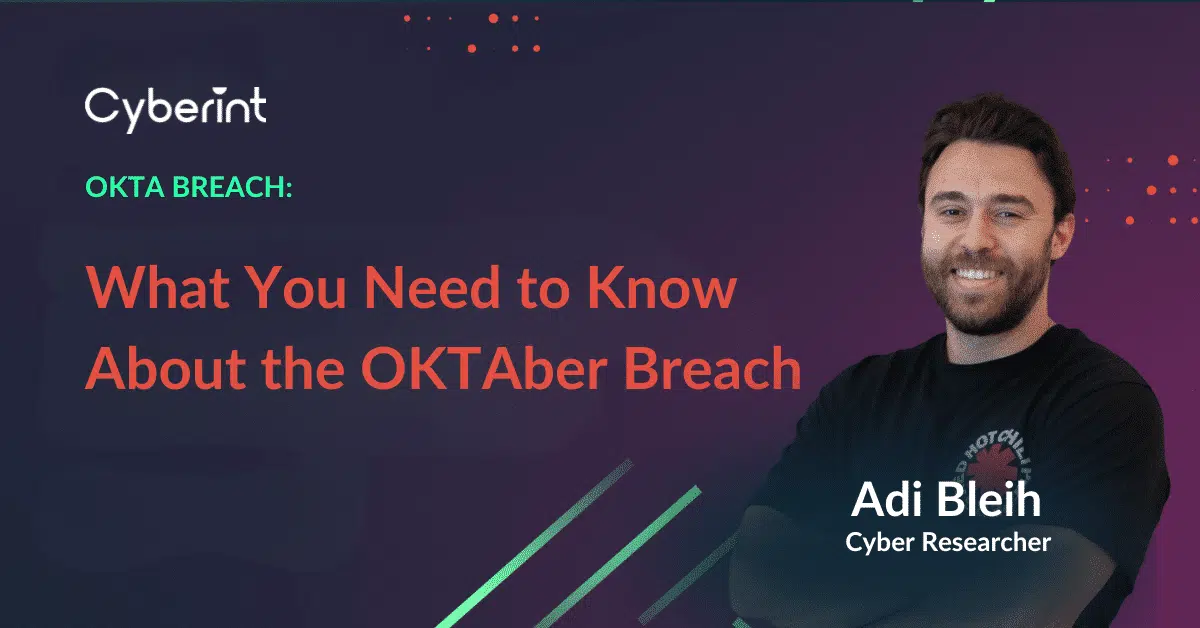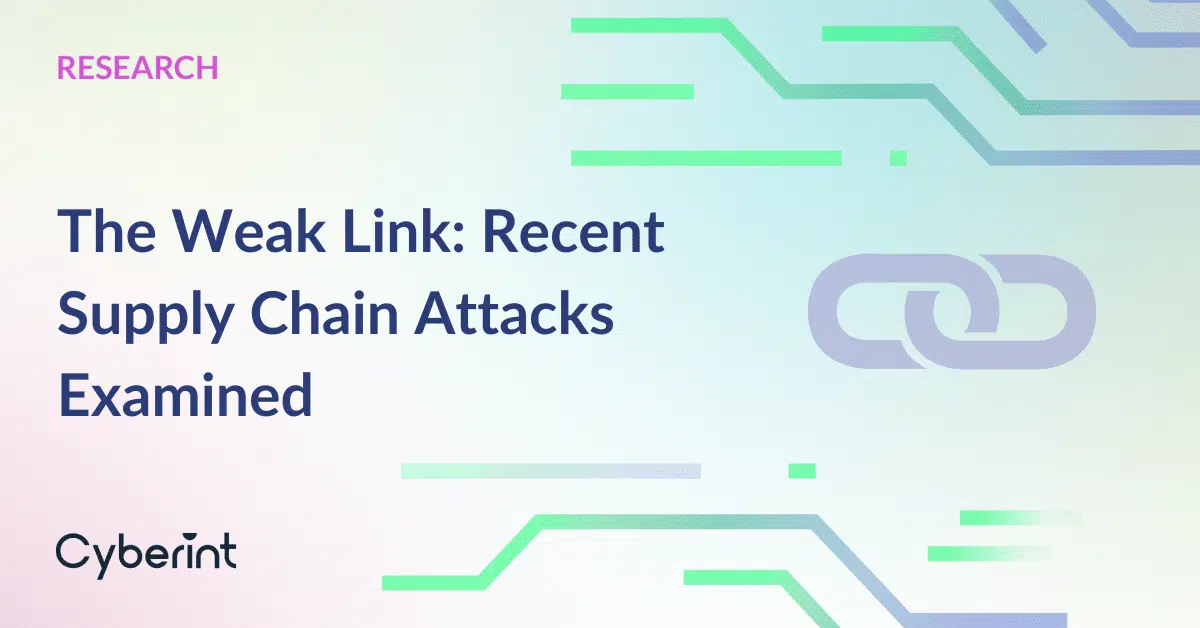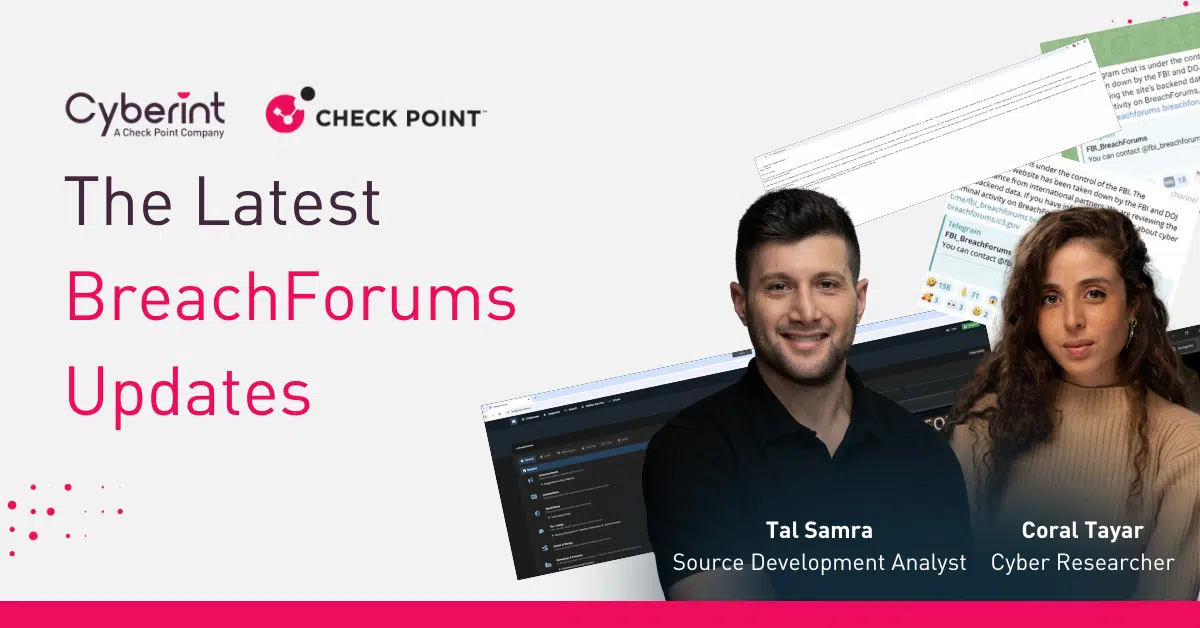


Okta, a provider of identity and authentication management services, reported that threat actors were able to access private customer data by obtaining credentials to its customer support management system.
According to Okta’s Chief Security Officer, David Bradbury, the threat actor had the capability to view files uploaded by specific Okta customers in recent support cases. These files primarily contained HTTP archive (HAR) files, which are used by the company’s support personnel to replicate customer browser activity during troubleshooting sessions.
These HAR files may include sensitive information, such as cookies and session tokens, which could be exploited by malicious actors for impersonation and unauthorized access. Okta has responded by working closely with affected customers, conducting investigations, and taking steps to protect its clientele. One of these measures involved revoking embedded session tokens. In general, Okta recommends the sanitization of all credentials, cookies, and session tokens within a HAR file before sharing it.
Bradbury did not disclose the method the threat actors used to acquire the credentials for Okta’s support system. Furthermore, he did not confirm whether the access to the compromised support system was protected by two-factor authentication, a security best practice.
The cybersecurity company BeyondTrust is among the recipients of Okta’s security alert issued on Thursday. According to Marc Maiffret, Chief Technology Officer of BeyondTrust, this alert was delivered over two weeks after BeyondTrust had initially notified Okta about a possible issue.
That said, BeyondTrust and Cloudflare are among the two customers who have confirmed they were targeted in the latest support system attack. “The threat-actor was able to hijack a session token from a support ticket which was created by a Cloudflare employee,” Cloudflare said. “Using the token extracted from Okta, the threat-actor accessed Cloudflare systems on October 18.”
BeyondTrust had earlier notified Okta about suspicious activities, detecting an attacker who was trying to access one of BeyondTrust’s internal Okta administrator accounts using a valid authentication cookie. While BeyondTrust’s access policies initially thwarted the threat actor’s activities, Okta’s security model limitations allowed some confined actions. Ultimately, BeyondTrust managed to block all access.

Fill in your business email to start.
The consistent data breaches experienced by widely-used companies like Okta, known for their sensitive capabilities, have elevated their attractiveness as prime targets for threat actors. Consequently, Okta’s customers also become targets, as they are susceptible through this third-party supply chain.
Ensure your security products (MDR/EDR/XDR/etc.) are managed to detect and follow suspicious activity in your Okta environment. The following are detections and recommendations from the last Okta breach:
Okta has recently made updates to their knowledge base articles concerning the generation and cleansing of HAR files. We suggest you take the time to examine these revised articles.
Cyberint’s Supply Chain Intelligence module continuously discovers your vendors and technologies, monitors and evaluates their exposures, and issues alerts on major risks and breaches. Learn more about our Supply Chain Intelligence module here or get a demo.

©1994–2026 Check Point Software Technologies Ltd. All rights reserved.
Copyright | Privacy Policy | Cookie Settings | Get the Latest News
Fill in your business email to start


